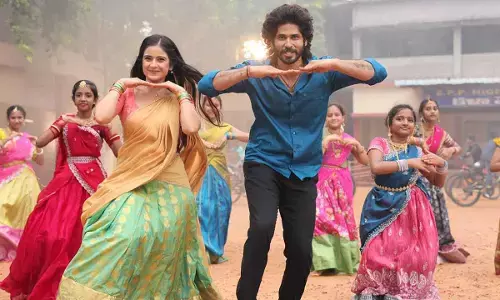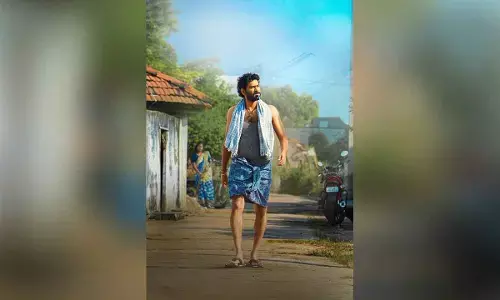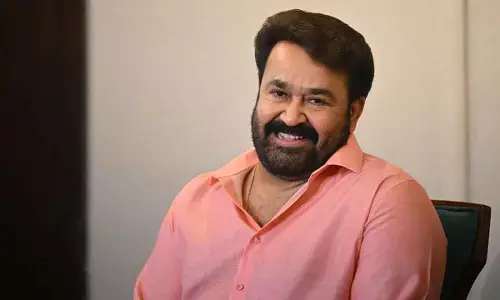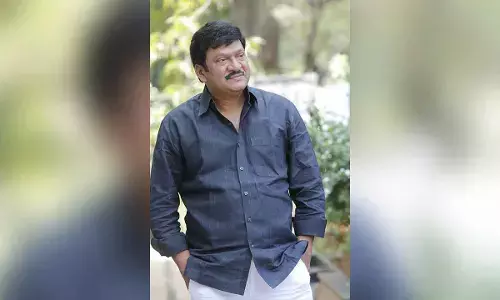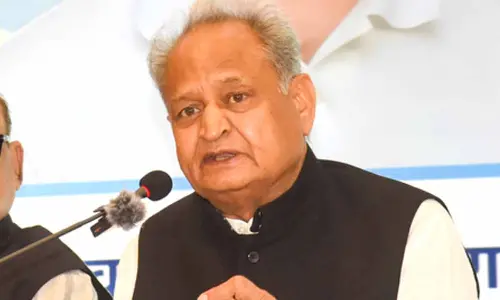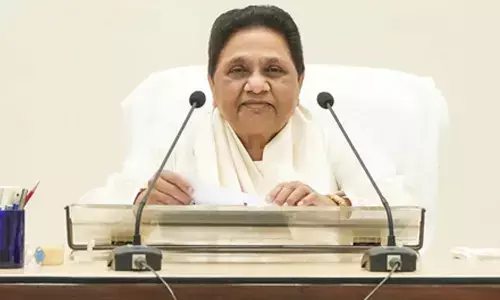From Achanak to Rustom infidelity and Hindi cinema
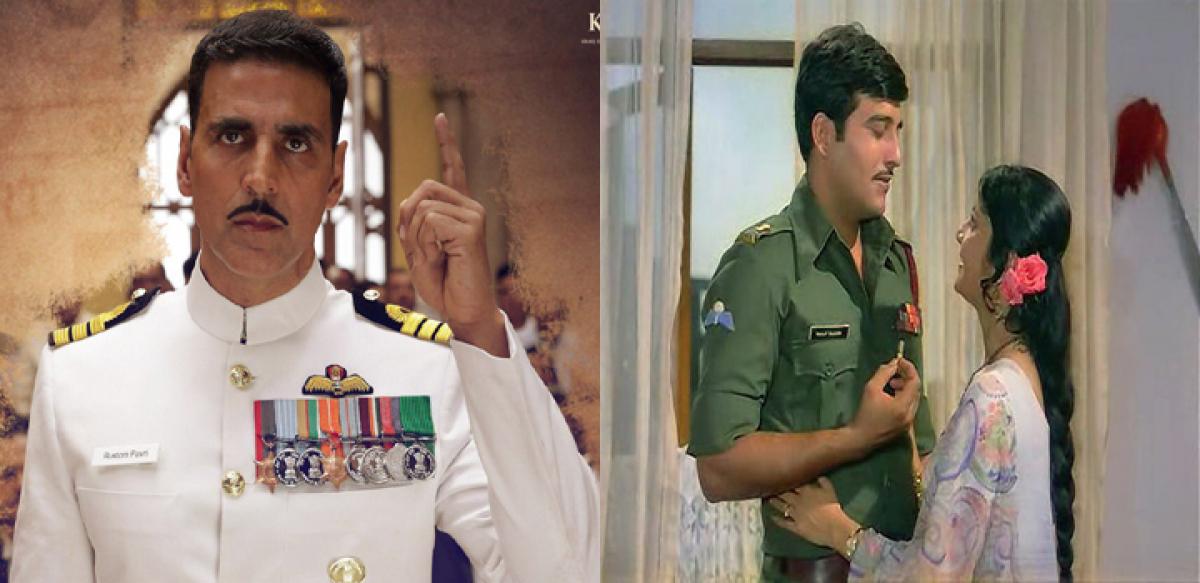
As a cinematic theme in Indian moviedom, infidelity has remained a distant cousin, when compared to love triangles. Still, for film aficionados, who have closely observed adulterous liaisons shown in films, know that such flicks have been hailed as having initiated path breaking trends in the celluloid world.
As a cinematic theme in Indian moviedom, infidelity has remained a distant cousin, when compared to love triangles. Still, for film aficionados, who have closely observed adulterous liaisons shown in films, know that such flicks have been hailed as having initiated path breaking trends in the celluloid world.
The 1982 release ‘Arth’, a biographical account of director Mahesh Bhatt’s tumultuous life is a classic example which has triggered enough discussions over the years for its searing, graphic depiction.
In a typically Karan Joharish kind of a style, the 2006 film ‘ Kabhi Alvida Na Kehna’ took a close-up view of unhappy marriages and subsequent dalliances between couples who seemingly come closer, having shared similar views about life and times.
Shifting one’s attention to the latest release a decade later, Rustom had won the expectations race much earlier for its slick build up and the trailer released subsequently, with the tag line ‘3 shots that shocked the nation’ prominently displayed in sepia-tinted posters and publicity material.
Gaining significantly from the media frenzy, which was generated across various platforms and forums as its release clashed with another much-expected venture ‘Mohenjo Daro’, starring Hrithik Roshan (who was returning to the box-office acid test after his 2014 film ‘Bang Bang’) ‘Rustom’ proved itself the winning entry, leading the other film everywhere- mixed yet acceptable reviews, box-office response and a sustained feel good for the film, though running to nearly two-and-a-half hours.
Into its second week at the time of writing, with its warts and all, it has been declared a winner, adding yet another hit to Akshay’s list of films, many of them, which have done well in 2016. The online media has had a field day pointing out the glaring inaccuracies in the way the hero, a decorated naval officer is seen dressed, which is inconsistent with the time in which the story is considered to have taken place.
Here is where this movie shares a similarity with that of the 1973 one which also bases itself on the infamous KM Nanavati case, but only just, with its plotline having a pace and tone of its own. KA Abbas, as reported, is said to have written the story of the film based on his piece published in Imprint magazine. His vision takes the shape of a medico-legal drama at the hands of Gulzar, who grounds the film in a hospital setting, using crisply edited flashbacks to establish his characters and the situation in which they find themselves.
The Navy official of the actual incident becomes an Army officer (Major Ranjeet Singh, played by a young, strappingly handsome Vinod Khanna) here and is shown to be a wayward, yet efficient soldier. The 2016 version of Karate Kid Akshay Kumar shows him prim and propah, never veering away from his disciplined countenance, to the extent of noting down the killer weapon details in the official register before he uses it on his friend-turned- foe.
Both films took huge risks by not being diverse enough with the story telling technique- and confining the entire action among select characters. In ‘Achanak’, the grim hospital scenario is livened by the performances of a young duo- Asrani and Farida Jalal- led by a duty-conscious, yet traumatised doctor in the form of Om Shivpuri, a fine actor in his own way. This sustains throughout the film, which lends it the high, focused viewing it earns for itself.
‘Rustom’, too, with its protracted courtroom drama, ran the risk of being dismissed as uni-dimensional, which it tends to become on and off. Still, the superior histrionic abilities of all involved – from Sachin Khedekar to Anang Desai, not to speak of Akshay Kumar, who uses his minimalistic acting skills to good use maintains the tempo pretty well.
Setting aside the machismo quotient and instead enabling the tender emotions of a much-in-love husband to emerge in the forefront, both Vinod Khanna and Akshay Kumar are shown pining for their wives, even when they cannot condone the infidelity, which their respective spouses are clearly guilty of.
Surprisingly, the 1973 release is song-less throughout even though the audience of yore would have allowed a pathos-laden number or two to be sneaked in. In contrast, the recent release has songs which are used to show the couple in happier times, which is established better with typically husband-wife dialogues in the Gulzar film.
With a shorter running time of 100-odd minutes, realistic performances and a steady pace, ‘Achanak’ showcases the life and times that the society was living out then, where doctors used to smoke in hospitals and had the rare privilege of voicing out their dilemmas as to why they should be duty-bound to see their patients, getting well and go back to prisons, or worse sentenced to death, as it happens with the protagonist of the film.
This in itself, is a bold, tragic ending to the proceedings, which in contrast has a soft, feel good finish in the later version, released last week. By not padding up or justifying the crime of passion, which ‘Rustom’ seeks to do, ‘Achanak’ is a clear winner, as it narrates a tale of a man torn in love and daring to end his psychological torment, even if it means he has to pay with his life in the end.










